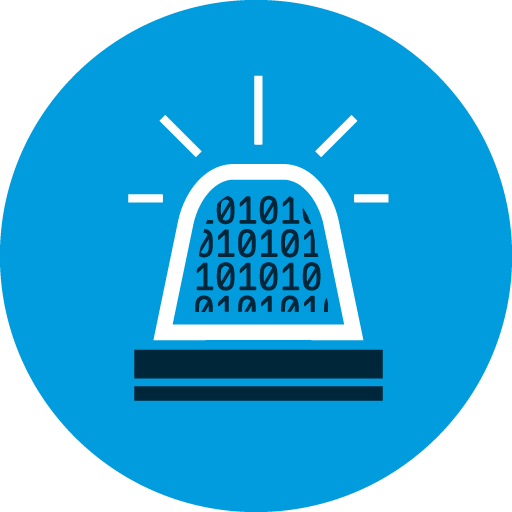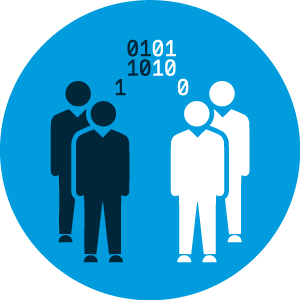Your contact for cyber emergencies
Your security is our top priority – our specialists provide you with professional support.
Working Together with You to Effectively and Efficiently Combat Cyberattacks
The Oneconsult Group stands for the thorough identification and precise analysis of security deficiencies, the development of tailor-made preventive measures, and the situationally appropriate response to cyberattacks: for team-oriented, holistic, focused, and strong implementation, and for the highest quality of service.

Your fire department for cybersecurity incidents. When there’s a fire, every second counts. Our computer security incident response team (CSIRT) provides competent support in correctly responding to ransomware, hacker attacks, and the like, and coordinates all involved agencies on request. Oneconsult extinguishes every cyber fire with you, so that you can concentrate on your daily business again.
Comprehensive support for effective vulnerability management: We support you in identifying, evaluating, and eliminating vulnerabilities in your IT systems and applications. Our services provide you with holistic advice, from the conceptualization to the implementation, maintenance, and updating of your vulnerability management infrastructure.

Your cybersecurity hub for security novices and professionals. Experienced trainers impart their expertise for people and companies that make the world safer – cutting-edge, practical, and oriented toward the target group. Increase the cyber security awareness of your employees, achieve difficult certifications, develop secure software, or become an ethical hacker together with the Oneconsult Cybersecurity Academy.
Your contact for cyber emergencies
Your security is our top priority – our specialists provide you with professional support.
Availability Monday to Friday 8:00 a.m. – 6:00 p.m (exception: customers with SLA – please call the 24/7 IRR emergency number).
Private individuals please contact your trusted IT service provider or the local police station.
- What and who is affected?
- Who discovered and reported the incident?
- How and when was the incident noticed?
- What did you observe?
- What are you concerned about in connection with the incident?
- What actions have already been taken?
For more information about our DFIR services here:

Don’t miss anything! Subscribe to our free newsletter.



